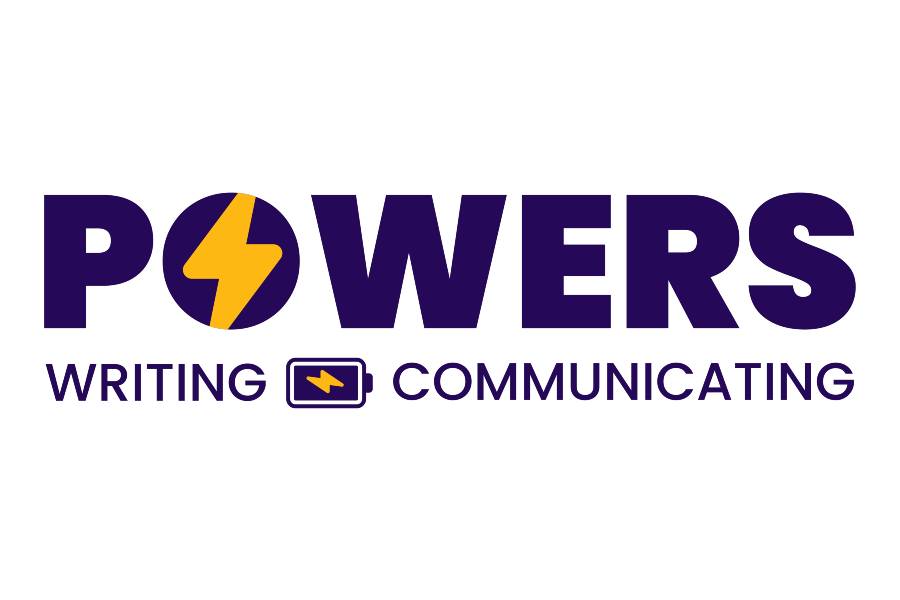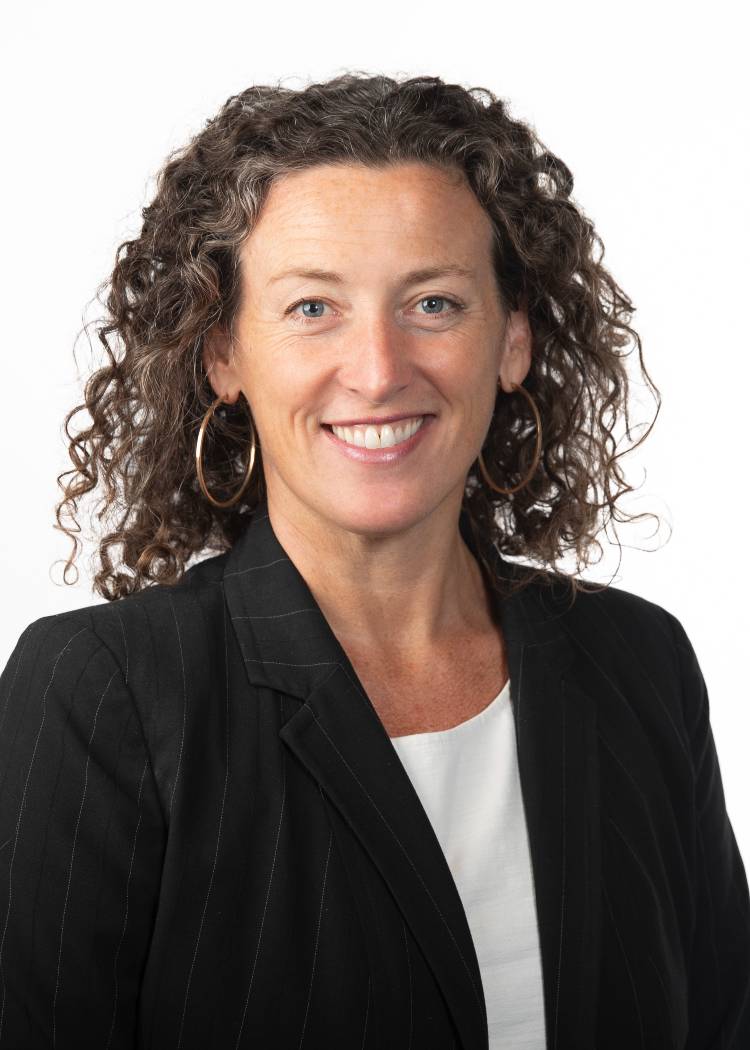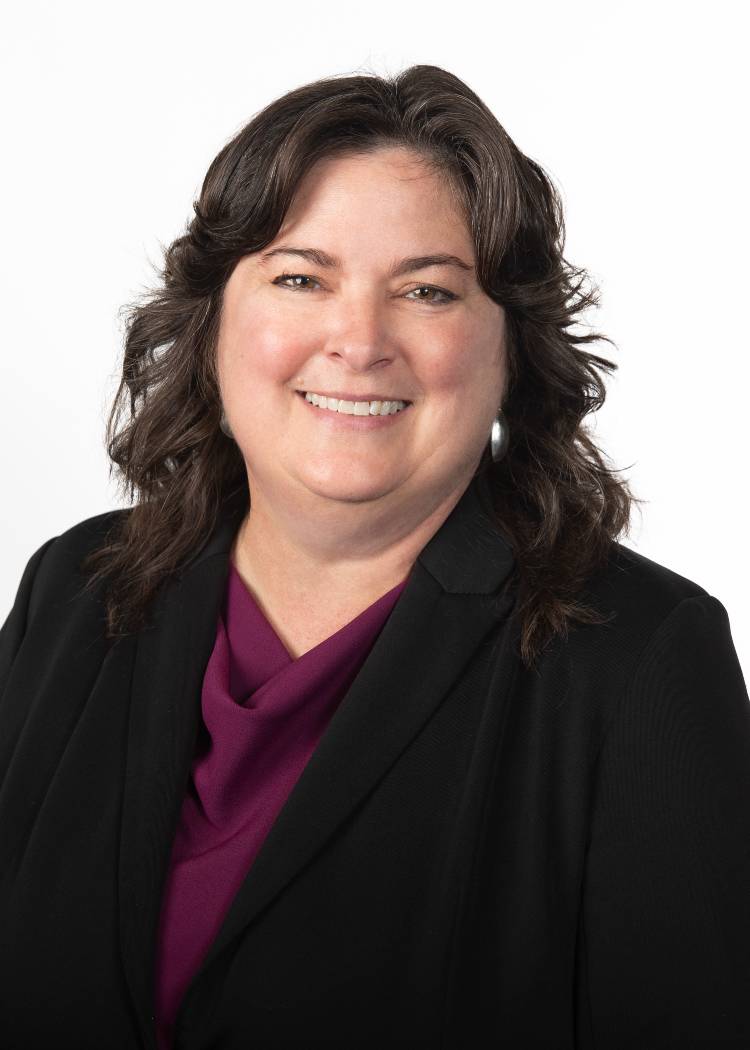Lipscomb launches innovative POWERS program as QEP initiative
New curriculum prepares students to become confident and effective communicators
Kim Chaudoin |

In an era when clear, persuasive and adaptable communication is more critical than ever, Lipscomb University is transforming the way students learn to write and communicate.
Recognizing the evolving needs of an increasingly digital world and the impact it has on human interaction, Lipscomb is reimagining its approach to writing and communication instruction through the new POWERS (Power of Words Rhetorical Sequence) initiative. This innovative approach equips students with essential skills to think critically, express themselves effectively and navigate diverse communication platforms — ensuring they are prepared for success in their careers and their broader communities. It is designed to develop students into agile communicators, equipping them with the skills necessary to thrive in a rapidly evolving digital landscape and in all levels of communication.
POWERS is Lipscomb’s new Quality Enhancement Plan (QEP), an initiative that plays a crucial role in the university’s accreditation reaffirmation process with the Southern Association of Colleges and Schools Commission on Colleges (SACSCOC). Every decade, as part of the SACSCOC accreditation reaffirmation process, universities are required to develop a QEP that identifies an area of student learning in need of enhancement and aligns with the institution’s mission and values. This initiative, selected by the faculty, represents a university-wide commitment to continuous improvement, ensuring that Lipscomb remains responsive to the changing needs of its students.
Enhancing communication skills for the future
Launching this fall, POWERS is a transformative approach to teaching writing and communication that integrates those skills into the curriculum, bridging classical rhetoric with digital literacy. The program addresses gaps in student communication skills identified through faculty and workforce feedback, emphasizing the ability to think critically and communicate effectively across academic, professional and personal contexts.

Brandi Kellett
"POWERS is a direct response to what we've heard from faculty, students and employers. Our students are incredibly skilled communicators in many ways, but they need more structured opportunities to refine their ability to articulate ideas clearly across different mediums and audiences," said Brandi Kellett, chair of Lipscomb’s Department of English and Modern Languages, associate chair for general education and QEP director. ‘They have grown up in a world where they think in a 280-character X post or through a Tiktok reel. Some people may think that is a deficit and think students are really struggling to communicate well. But I hear that and think that students are really good at communicating, they are really agile and talented at that, but it is outside an academic world. POWERS gives them that framework."
Unlike Lipscomb’s previous two QEP initiatives, SALT and LIGHT, which were primarily extracurricular in nature and focused on service and activities more outside of the classroom, POWERS is deeply embedded within the academic curriculum, said Kellett.
The program features co-listed courses, interdisciplinary collaboration and experiential learning opportunities. POWERS is structured around a three-part sequence:
- Writing to Discover (LU1013): This course helps students develop critical thinking and writing skills using classical and digital rhetorical approaches.
- Communicating to Influence (LU1023): Students learn to master persuasive communication strategies across multiple platforms and audiences.
- The Crossover Experience: Students transform their ideas across three different modalities to effectively engage diverse audiences, applying what they learn in real-world settings.
Students will begin a project in the Writing to Discover course, develop it further in the Communicating to Influence course and eventually present it through multiple formats, from academic essays to public presentation and digital media campaigns. Kellett said that students will typically take these courses in their freshman or sophomore years.
"With POWERS, we are integrating learning in a way that helps students better connect the way they think, read, write and speak," Kellett explained. "By taking these courses together, students will gain a holistic understanding of rhetoric and how to apply it in various real-world contexts."

In addition to coursework, POWERS incorporates extracurricular opportunities that provide a practical application of what they are learning in the classroom. Kellett said the goal is that every semester a student has a chance to submit work for publication or presentation as well as to have some type of experience that will reinforce their learning with real-world application. In the spring students may submit their papers and speeches for the Student Scholars Symposium. We are working on partnerships with outlets for work to be published in the fall. Each semester there will be opportunities for them to go hear a speaker, a show or a podcast or similar experience to see good communication in practice.
“Sometimes students wonder if the academic writing or speeches they are giving is a skillset they’ll ever use again. I’m excited to offer a program where we are showing our students how what they are learning is connected and how it will be something they will use for the rest of their lives,” she said. “As we began designing this program, as a collaborative effort we came up with a list of skills we wanted students to develop and what is required to communicate well.”
Kellett said it was at that point that “we saw this beautiful alignment starting to happen.”
“So we designed two courses that students will take together, they'll refer to each other, they'll start a project in one course, and then transform it into another course, and they'll get to develop one argument through a paper, and then they'll transform it to give a speech on it to a different audience, and then it'll end up on a digital platform,” she explained. “We hope that students will leave that class feeling confident that they do know how to communicate in a lot of different ways to a lot of different audiences in a way that will make their community better. As a Christian institution, it's important for us to help shape their sense of calling and connectedness to the people in the society around them.”
During the development phase, Kellett said she met with every department chair on campus to explain the program and why it is important and to review their discipline-specific degree plans to show how the courses fit into them.
“We're doing something that no one else in the nation is doing. A lot of great programs in the country are talking about the need to do this, and they might be doing small pieces of it, but we're the only program I know of that has decided to go all in with co-listing these classes and has the same kind of full scale university support that we have,” she said.”We are thrilled to be able to lead out front in this way and to meet the needs that we see students have.”

Provost Jennifer Shewmaker
A commitment to excellence and student success
Lipscomb Provost Jennifer Shewmaker emphasized the significance of POWERS as part of the university’s mission to prepare students for lives of service and leadership.
"The ability to communicate effectively is one of the most essential skills students can develop," Shewmaker said. "POWERS is an innovative program that reflects our commitment to equipping students with the tools they need to be successful in any career field. The team that developed this initiative has done remarkable work in designing a program that not only meets accreditation standards but also provides lasting benefits for our students."
The development of POWERS has been a collaborative effort spanning about 16 months, and faculty were heavily involved in providing input for what the QEP should be.
“When we began thinking about our QEP we were doing so at a time when we were also reimagining our general education and liberal arts core while also implementing the university’s new strategic plan. AI was beginning to come on the scene and we really were wrestling with whether or not people believed in the value of the humanities and of the liberal arts,” explained Kellett. “So we conducted numerous listening sessions. Over 200 faculty attended eight listening sessions and that was followed up by six additional meetings during which we asked faculty, ‘what’s good, what’s bad, what’s broken, what’s thriving and what do you see the need for in students?’”
“We kept hearing over and over that there is a need for students to enhance their writing and communication skills, so we presented the faculty with three choices on what they thought was the biggest need for students to grow in and what would make the biggest impact for their success,” she continued. “And they chose to reimagine the way we teach writing and communication.”
The initiative was led by a QEP working group composed of Scott Bledsoe, assistant professor in the School of Public Policy; Sarah Gibson, director of the School of Communication; Jan Harris, professor of English; Megan Parker Peters, associate dean of the College of Education; Jim Thomas, retired professor of communication; and Kellett and supported by an advisory board and steering committee made up of Richard Goode, professor of political science; Susan Hammond, associate professor in the School of Computing; David Holmes, dean of the College of Liberal Arts & Sciences, ex officio; Mark Jobe, associate professor of accounting; Jules LeFort, former circulation/collection development librarian; Hope Nordstrom, special counsel to the president for strategy; Roletha Pillow, associate professor in the School of Nursing; John Thompson, visiting professor of music industry studies; Lauren White, assistant professor of theology; and Candace Williams, dean of student engagement.
“I am really grateful that this was such a collaborative process. The team I worked with was just so thoughtful and so committed,” said Kellett. “They gave so much time and responded so well to what needed to be done to put this initiative together.”
Looking ahead
With over 40 sections of the new courses already scheduled for the fall 2025 semester, the POWERS program is set to become an integral part of the Lipscomb student experience. By fostering strong communication skills, the program aims to empower students to engage in meaningful discourse, advocate for themselves and others, and navigate the complexities of an increasingly digital world.
"This is not just about writing better essays or giving better speeches," Kellett said. "It’s about shaping students into thoughtful, articulate and adaptable communicators who can use their voices to make a difference in their communities. We are doing this, not just because students need to learn to communicate better, but because we are equipping them for lives of service, where they can invest in their communities because they are gifted communicators.That is the heart of POWERS, and that is why this matters."
— Photos by Kristi Jones